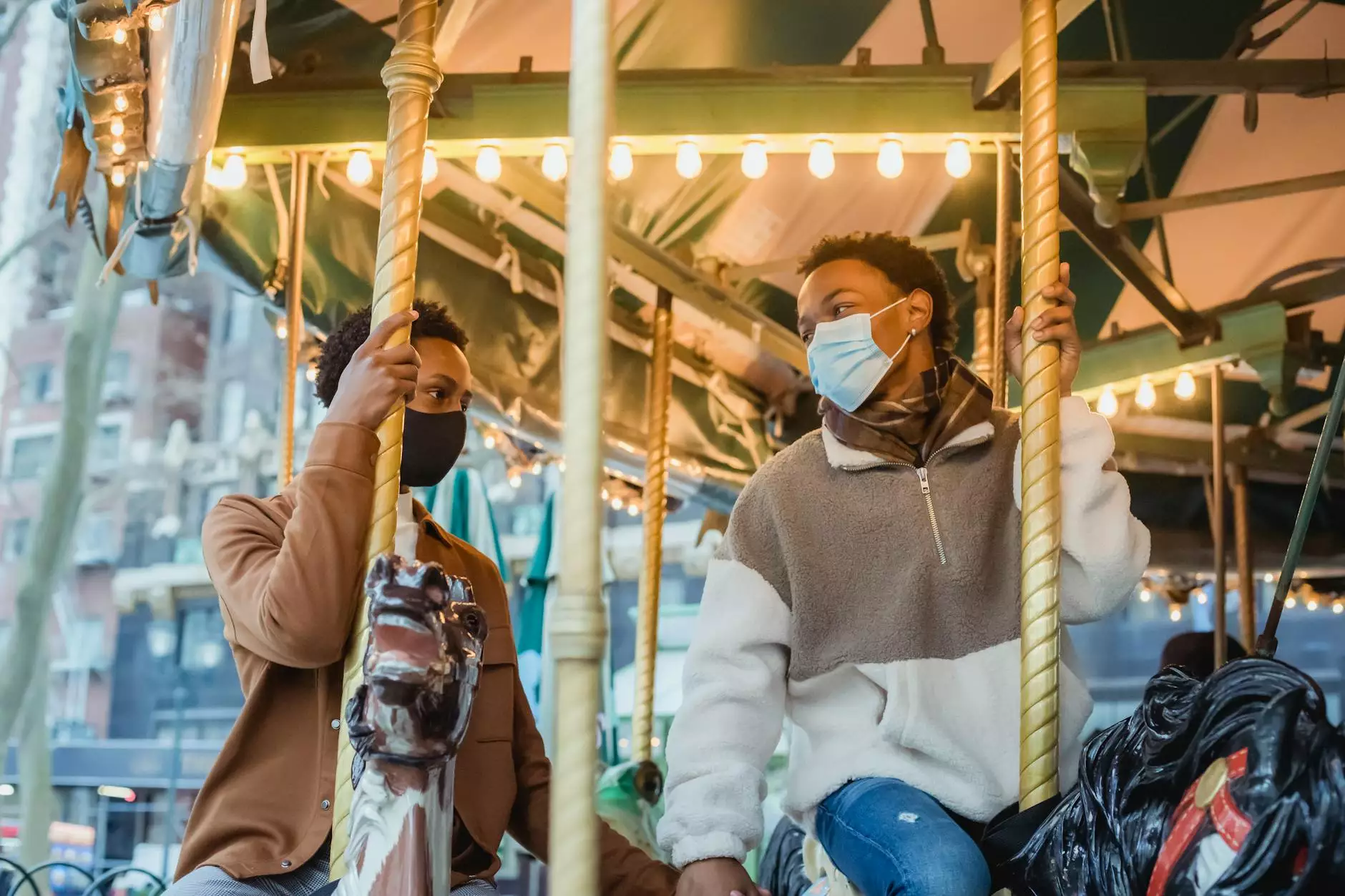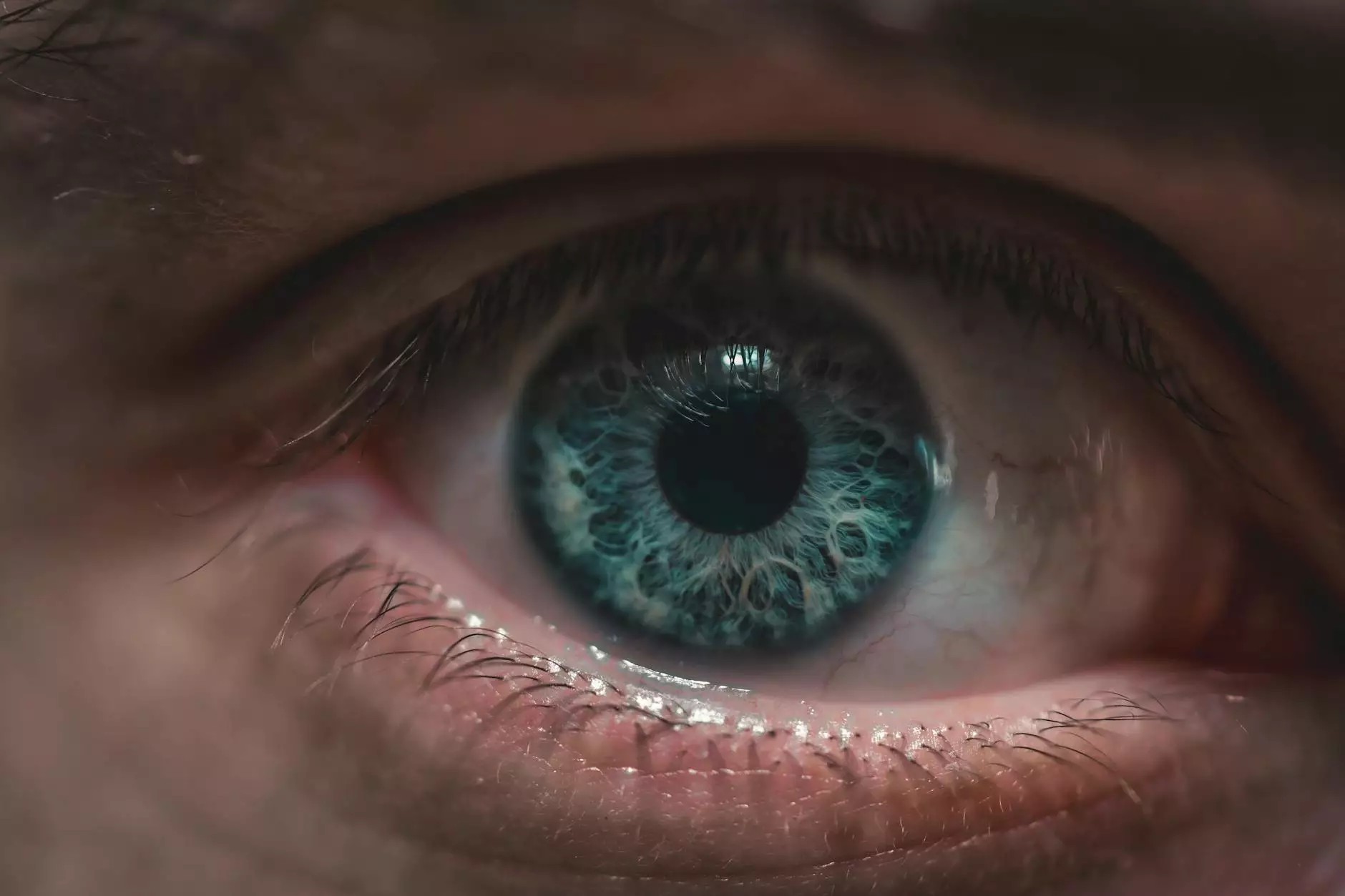Understanding Depression Clinics: Your Path to Healing

Depression is a prevalent mental health issue affecting millions of individuals worldwide. The journey towards recovery often begins at depression clinics, specialized facilities designed to provide comprehensive care and support. This article aims to shed light on the significance of these clinics, the treatments available, and how they can guide you or your loved ones toward a healthier, happier life.
What Are Depression Clinics?
Depression clinics are health care facilities that focus specifically on diagnosing and treating various forms of depression. These clinics offer a multifaceted approach, combining medical intervention, psychological support, and therapeutic practices. Their primary goal is to help patients manage symptoms, improve overall mental well-being, and pave the way for long-term recovery.
Types of Depression Treated
Depression clinics cater to a variety of depressive disorders, including but not limited to:
- Major Depressive Disorder (MDD)
- Dysthymia (Persistent Depressive Disorder)
- Bipolar Disorder
- Seasonal Affective Disorder (SAD)
- Postpartum Depression
- Psychotic Depression
Each type of depression presents unique challenges and requires tailored treatment plans, which is where depression clinics excel.
Why Seek Help at a Depression Clinic?
The decision to seek help is often the most crucial step toward recovery. Here are several compelling reasons to consider a depression clinic:
- Expertise: Staffed by mental health professionals trained specifically in depression and its treatment.
- Comprehensive Care: Offering a range of services from therapy and medication management to lifestyle interventions.
- Supportive Environment: A safe and non-judgmental space where individuals can openly express their feelings.
- Structured Programs: Well-designed treatment plans that facilitate gradual recovery and progress monitoring.
Services Offered at Depression Clinics
Effective treatment for depression can involve various services and interventions. Here are some commonly offered services in depression clinics:
1. Individual and Group Therapy
Therapy plays a crucial role in addressing the underlying issues of depression. Individual therapy provides one-on-one support, while group therapy fosters community and shared experiences. Therapeutic modalities often utilized include:
- Cognitive Behavioral Therapy (CBT)
- Dialectical Behavior Therapy (DBT)
- Interpersonal Therapy (IPT)
2. Medication Management
Psychiatrists at depression clinics may prescribe antidepressant medications to help manage symptoms. Regular monitoring and adjustments to the medication regimen are vital for effectiveness.
3. Holistic Approaches
Some clinics integrate holistic therapies—including nutrition counseling, physical activity programs, and mindfulness practices—into their treatment plans to promote overall well-being.
4. Crisis Intervention
For individuals in severe distress, clinics may offer crisis intervention services to ensure immediate safety and stabilization.
Choosing the Right Depression Clinic
Selecting a depression clinic is a vital step in the recovery process. Here are some factors to consider:
- Accreditation: Ensure that the clinic is licensed and accredited by relevant medical and mental health authorities.
- Staff Qualifications: Verify the qualifications, training, and experience of the staff members.
- Treatment Techniques: Research the specific therapies and approaches used in the clinic.
- Patient Reviews: Reviews and testimonials can provide insight into the experiences of former patients.
The Role of Family Support in Recovery
The recovery process from depression is not solely an individual journey; the support of family and friends is crucial. Here’s how families can play an integral role:
- Educating Themselves: Family members should learn about depression to understand what their loved ones are experiencing.
- Encouragement: Providing motivation to seek treatment and adhere to the treatment plan.
- Active Listening: Creating an open dialogue encourages individuals to express their feelings without judgement.
- Participating in Family Therapy: Engaging in therapy together can strengthen bonds and improve understanding.
Success Stories: Hope Through Treatment
Many individuals have found hope and healing in depression clinics. Here are a few success stories that illustrate the impact of appropriate treatment:
Case Study 1: After months of feeling overwhelmed and hopeless, Sarah sought help at a local depression clinic. Through a combination of CBT and medication, she felt empowered to manage her symptoms and rebuild her relationships.
Case Study 2: John struggled with bipolar disorder for years. Finding a depression clinic with a focus on integrated treatment, he learned coping strategies that helped him stabilize his mood swings and regain control of his life.
Conclusion: The Journey to Wellness
Depression, while challenging, is treatable. Depression clinics provide specialized care that can help individuals navigate the difficulties of this mental health condition. With the right support, treatment, and determination, recovery is not only possible; it can lead to a fulfilling and joyful life. If you or someone you know is struggling with depression, taking the step to contact a reputable clinic may be the most significant move towards a new beginning.
For more information on depression clinics and to find reputable centers, visit MediGlobus.









